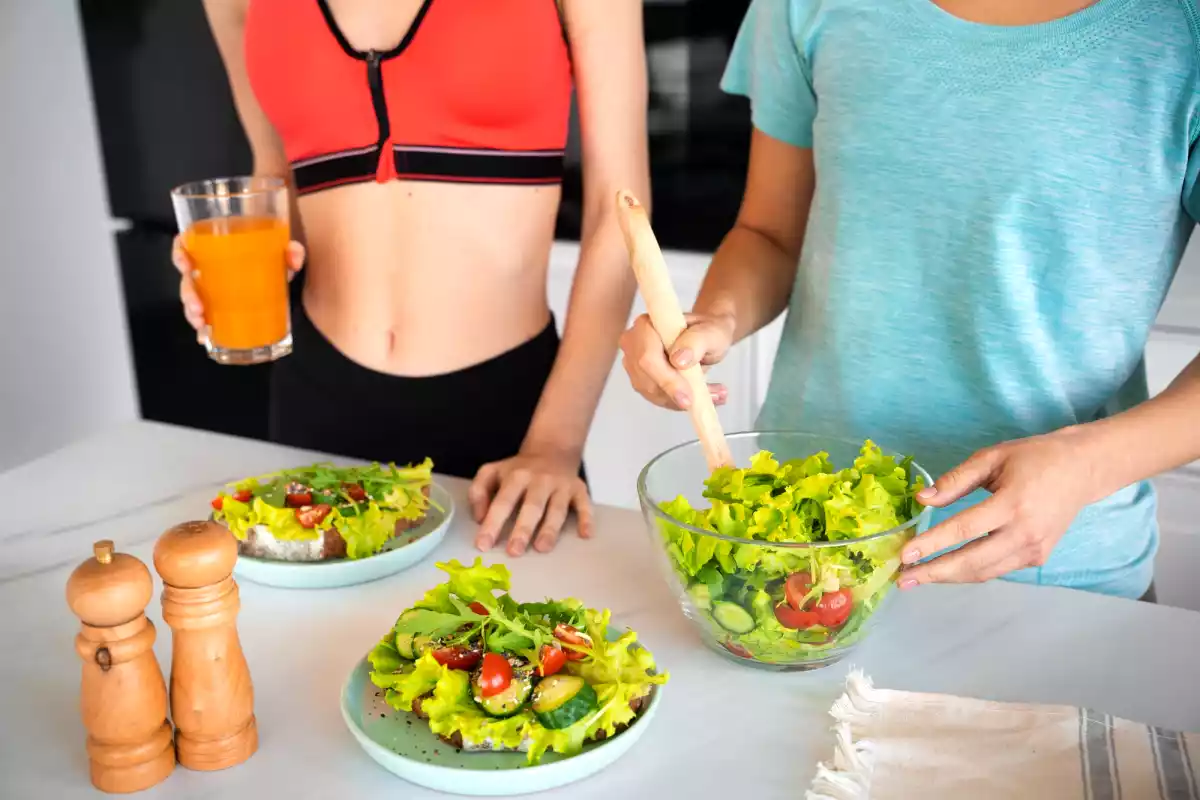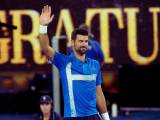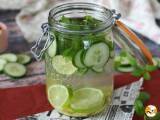Is it better to eat and drink before or after a workout?

Once you've had a good workout, the work doesn't stop for athletes. Diet plays a key role in promoting recovery and maximizing the benefits of training. Whether you opt for a full meal or a quick snack, the choice of food is essential. It's important to strike a balance, especially with post-workout snacks, to avoid unnecessary caloric excess. By adapting your nutrition to your goals, whether they're to gain mass, lose weight or simply feel good, you're putting all the chances on your side to make effective progress. We tell you more ;).
Is it possible to eat or drink before sport?
Physical activity can be undertaken on an empty stomach, but it's essential to hydrate before starting. Water plays a key role in preventing dehydration, facilitating nutrient transport and reducing the risk of injury. It also acts as a natural lubricant between tissues, as recommended by experts.
During exercise, perspiration leads to variable water losses, depending on intensity, duration and climatic conditions. If these losses are not compensated for, they can be detrimental to your performance and your health.
In most cases, water is sufficient to meet your body's needs, but for prolonged exercise, energy drinks may be useful. Drink in small sips between two and three hours before your session, and continue until ten minutes before you start.
Eating well after exercise
Sports enthusiasts need to adjust their diet according to their objectives. After a session, it's essential to opt for balanced meals combining a source of carbohydrates (such as brown rice, sweet potatoes, quinoa or high-fiber vegetables) with one or two sources of protein, whether animal (beef, chicken, eggs) or vegetable (lentils, chickpeas).
Foods rich in high-quality proteins and fats, such as eggs, avocado or oily fish (salmon, mackerel, sardines), also deserve a place of choice on your plate. Whether your goal is to gain mass, build muscle or define your figure, the key is to choose foods with high nutritional value to optimize your results.
Foods to avoid after a session
If you usually have a post-training snack, be sure to moderate your calorie intake, especially if a full meal follows in the next few hours. A light snack, such as a protein shake or a piece of fruit, provides the initial nutrients needed to kick-start muscle recovery without weighing your body down unnecessarily.
Avoid high-calorie or high-fat foods, which can slow down the recovery process. Choose simple, balanced options such as light proteins, cereal-based energy bars or protein snacks. These choices promote optimal recovery while taking care of your metabolism.
Other ideas for sports enthusiasts:
 Mathieu Maggiore
Mathieu Maggiore

Comments